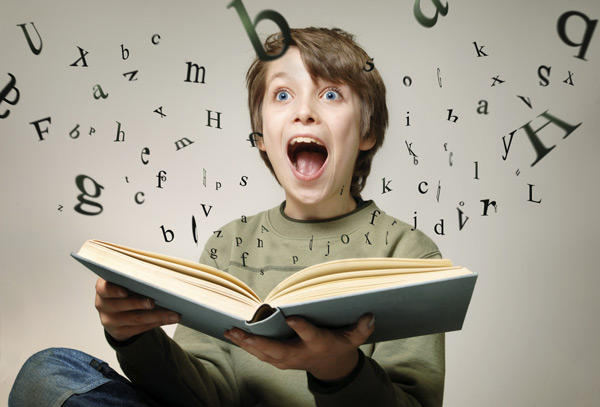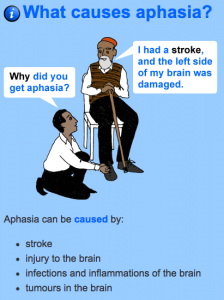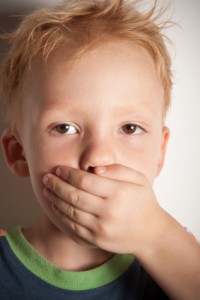When your child first began speech therapy, you should have received a comprehensive treatment plan from the speech-language pathologist (SLP). You should also periodically receive progress reports, either written or verbal. If the SLP has so far provided you with neither of these, ask for them as soon as possible. The point of speech therapy is to help your child improve his communication skills. The best way to ensure that he is improving is to evaluate whether he has met measurable goals.
Speech Therapy for Adults with Aphasia
Speech Disorders Speech Therapy TechniquesOn January 8, 2011, Americans were stunned to hear of the assassination attempt on Senator Gabrielle Giffords. Giffords was shot in the head, but miraculously survived. As she recovered, Giffords struggled to learn how to speak. She was diagnosed with aphasia, which is an acquired communication disorder. Aphasia does not impair a person’s intelligence, but it does impede the ability to process language, to speak, and to understand another person’s speech.
The Cluttered Speaker
Speech DisordersAs children grow, they develop fluency in their native tongues. Fluency refers to the typical flow of speech. Children with a fluency disorder often display prolonged speech sounds and word repetitions. Stuttering is one widely recognized fluency disorder; cluttering is another. These two disorders may be considered to be “cousins.” To the untrained ear, it can be difficult to distinguish these two fluency disorders.
How to Help Your Child Cope
Speech DisordersArranging for treatment for your child’s speech disorder can use up a lot of time and energy. It can be stressful to make sure that your child has everything he needs to succeed, but it is also important to pay attention to the possible signs of stress that he may exhibit. Children may become frustrated when they cannot readily communicate, particularly if they become aware that their patterns of speech are different from the patterns of speech of other children.
Dealing with Phonological Disorders
Speech Disorders Speech Therapy Techniques
A child’s phonological development refers to the process a child follows when learning the sounds that make language. This involves learning to distinguish different sounds (“up” is different than “cup”) as well as how these sounds fit together to make words. If your child is diagnosed with a phonological disorder, it means that he has trouble distinguishing the patterns of sounds in language. He might not understand the rules of how sounds fit together to make words.




